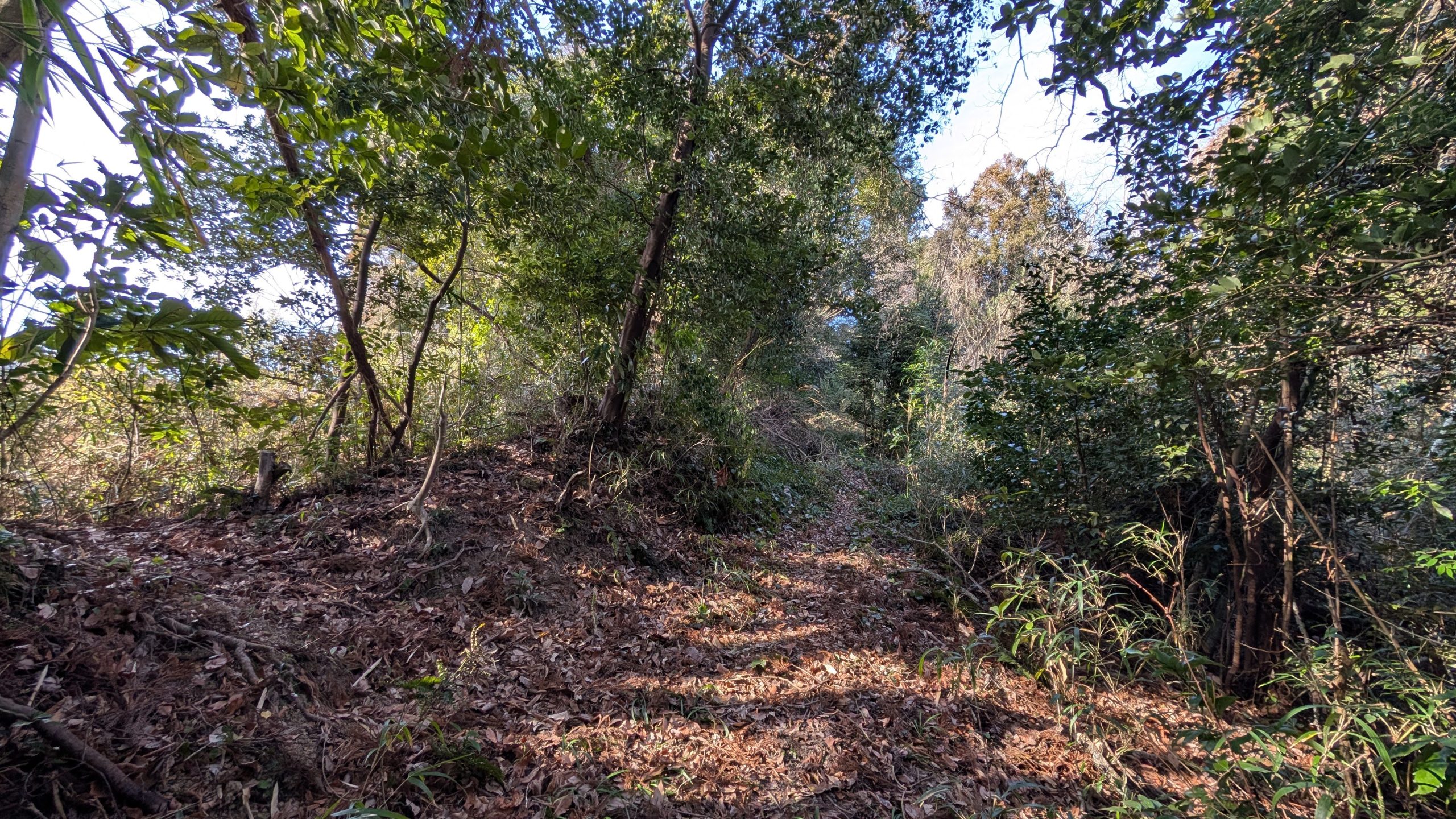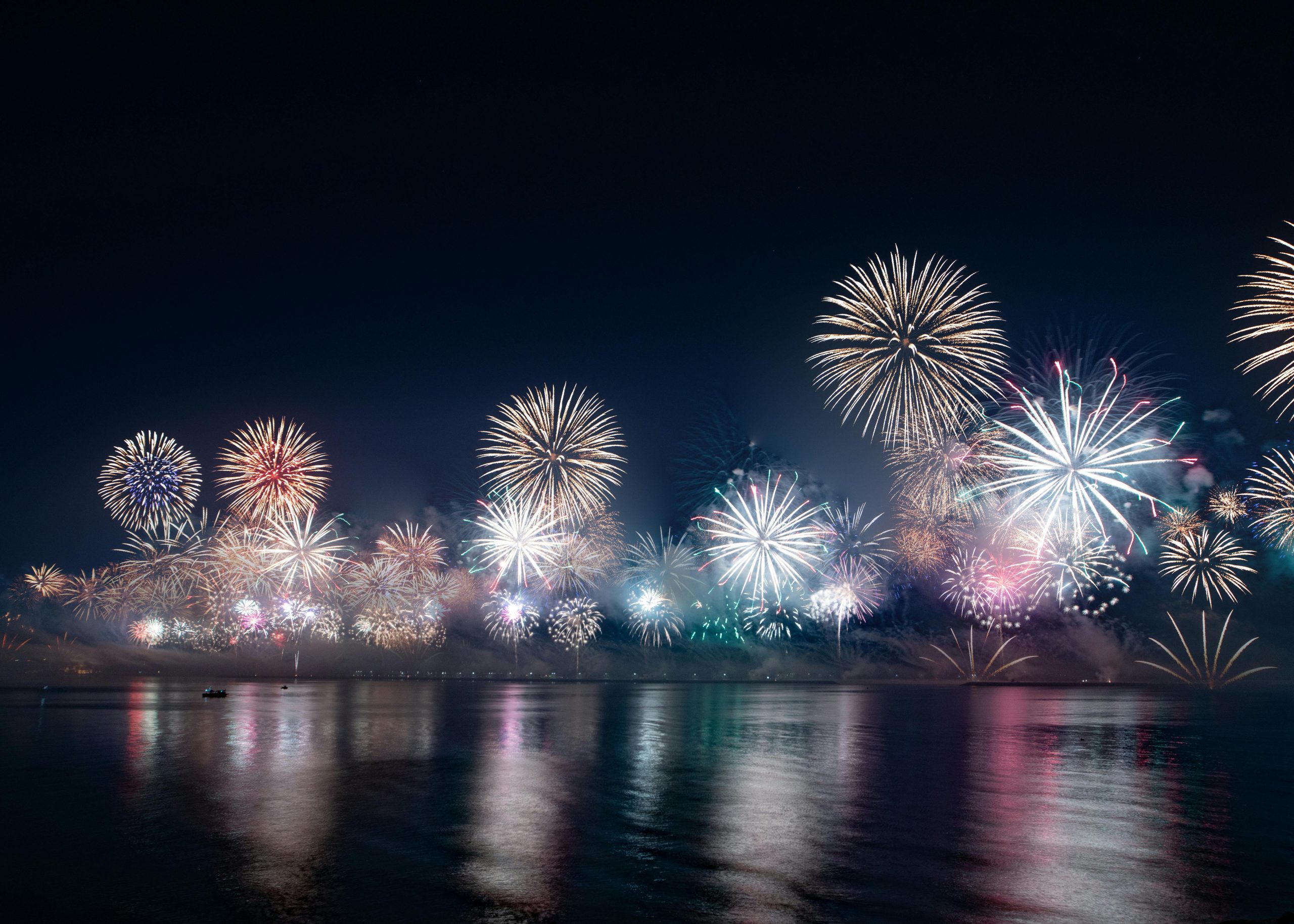Leafing through “Trendy” magazine yesterday, I was fascinated by a long article titeld New Stype of Shopping. It featured (and compared) all the recently opened shopping theme parks around Japan.
Japan doesn’t have too many American-style shopping malls. There’s not much room in the cities for fields of parking lots surrounding a low, broad building full of shops and anchored by a big-name store or grocery. There are a few of these, but they tend to be out in the further suburbs. This is in contrast with American cities; Chicago has numerous shopping mall complexes in the urban centers.
What we have here are more like Chicago’s Water Tower Place or Pittburgh’s Fifth Avenue Place, a collection of stores stacked up on many floors of a single office-tower sized building.
I mentioned the Marunouchi Building the other day. Nicknamed Maru Biru, it sits just across the street outside Tokyo Station on the site of Japan’s first skyscraper (which was also called the Marunouchi Building). It’s got two floors dedicated to restaurants which are booked out months in advance. There are shops of all types on 6 floors, offering everythign from clothing to an Xbox gaming parlour. There are distintively high-end chain retailers and a few boutiques. The architecture is amazing–even jaded Tokyoites stand in the atrium and stare up at the glass elevators and exposed beamwork.
Newly opened this month is Caretta Shiodome. It’s another skyscraping shopping mall whose tagline is “Enjoy the taste of lesiure.” With “sky restaurants” on the 46th and 47th floors, a theatre and restaurants on the lower floors, and a shopping concourse in the basement floors, they may be giving Maru Biru a run for its money. I haven’t been there yet but will put it on my To Do list.
There are so many similar shopping places: Takashimaya Times Square, Sunshine City, several new complexes along the Yokohama waterfront. I think the “Trendy” article got it right–these shopping plazas and others like them are theme parks.
What amazes me is that Japan is still in a recession. How can these very upscale locations survive? Maybe they pander to the good old days of the Bubble when everyone had more money than they could spend. Back then regular people could afford to splash out on fancy food, designer handbags and clothes with labels. Perhaps the last few years of less money, uncertain job prospects and making do with two-year old toasters has finally got everyone ready to backlash. I suppose if consumers are spending money in places like Maru Biru and Caretta Shiodome, then the economic outlook will improve…for the importers and brand name retailers, anyway.
Mediatinker by MAIL
Join 54 other subscribers
SEARCH
Longer Ago
Mediatinker, Kristen McQuillin, is an American-born resident of Japan since 1998. This blog chronicles her life, projects, thoughts, and small adventures.





